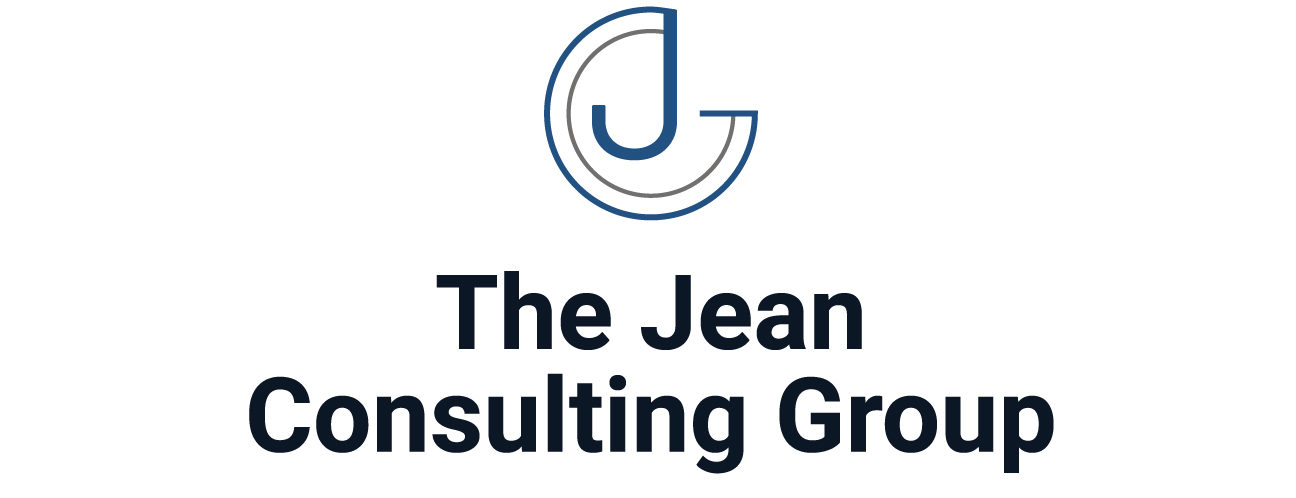In the complex ecosystem of modern organizations, disputes can arise from a multitude of sources, ranging from employee grievances to compliance violations. The ability to manage these disputes effectively is crucial to maintaining a harmonious work environment, protecting the organization’s reputation, and ensuring legal compliance. At the heart of effective dispute management lies a robust set of internal investigation protocols. These protocols serve as a blueprint for objectively and efficiently resolving issues that arise within the organization. This article explores the significance of internal investigation protocols in dispute management, outlining their benefits, key components, and best practices for implementation.
Understanding the Importance of Internal Investigation Protocols
Internal investigation protocols are systematic procedures that guide an organization through the process of investigating complaints, allegations, or suspicions of misconduct within the workplace. These protocols are designed to ensure that investigations are conducted fairly, confidentially, and in a manner that minimizes risk to all parties involved.
Key Components of Effective Internal Investigation Protocols
For internal investigation protocols to be effective, they must include several key components:
- Clear Reporting Mechanisms: Establish accessible and confidential channels for employees to report concerns or allegations, ensuring that employees feel safe and supported in coming forward.
- Defined Investigation Procedures: Outline specific steps for conducting investigations, including the initial assessment, evidence collection, interviews, and the evaluation of findings.
- Trained Investigators: Designate individuals or teams responsible for conducting investigations, ensuring they are properly trained in investigative techniques, legal requirements, and sensitivity to confidentiality and bias issues.
- Timeliness: Set realistic time frames for completing investigations, recognizing that prolonged investigations can exacerbate tensions and contribute to a climate of uncertainty.
- Transparency and Communication: Develop protocols for communicating with relevant parties about the investigation’s progress and outcomes, balancing transparency with the need for confidentiality.
- Documentation: Maintain thorough documentation throughout the investigation process, from the initial report to the final resolution, to support findings and actions taken.
Benefits of Implementing Internal Investigation Protocols
Implementing well-defined internal investigation protocols offers numerous benefits to an organization:
- Enhanced Fairness and Objectivity: Standardized procedures help ensure that all investigations are conducted fairly and objectively, reducing the potential for bias or favoritism.
- Legal and Regulatory Compliance: Protocols designed with legal requirements in mind can help organizations avoid legal pitfalls and ensure compliance with applicable laws and regulations.
- Protection of Reputation: Effective management of disputes through structured investigations can protect an organization’s reputation by demonstrating a commitment to integrity and accountability.
- Improved Organizational Culture: A transparent and responsive approach to handling disputes can enhance trust and morale among employees, contributing to a positive organizational culture.
Best Practices for Implementing Internal Investigation Protocols
To maximize the effectiveness of internal investigation protocols, organizations should consider the following best practices:
- Regular Training: Provide ongoing training for all employees on the reporting mechanisms and the importance of the investigation process to ensure awareness and understanding.
- Continuous Improvement: Periodically review and update investigation protocols to reflect changes in legal requirements, best practices, and organizational needs.
- External Support: In complex or sensitive cases, consider engaging external experts or legal counsel to ensure the investigation is conducted with the highest level of expertise and impartiality.
- Protecting Whistleblowers: Implement measures to protect individuals who report wrongdoing from retaliation, reinforcing a culture of openness and accountability.
Conclusion
Internal investigation protocols are indispensable in the toolkit of effective dispute management. By establishing clear, fair, and efficient procedures for conducting investigations, organizations can resolve disputes internally, maintain legal compliance, and uphold a culture of transparency and accountability. As the workplace continues to evolve, the role of these protocols in fostering a safe, respectful, and productive work environment cannot be overstated.




